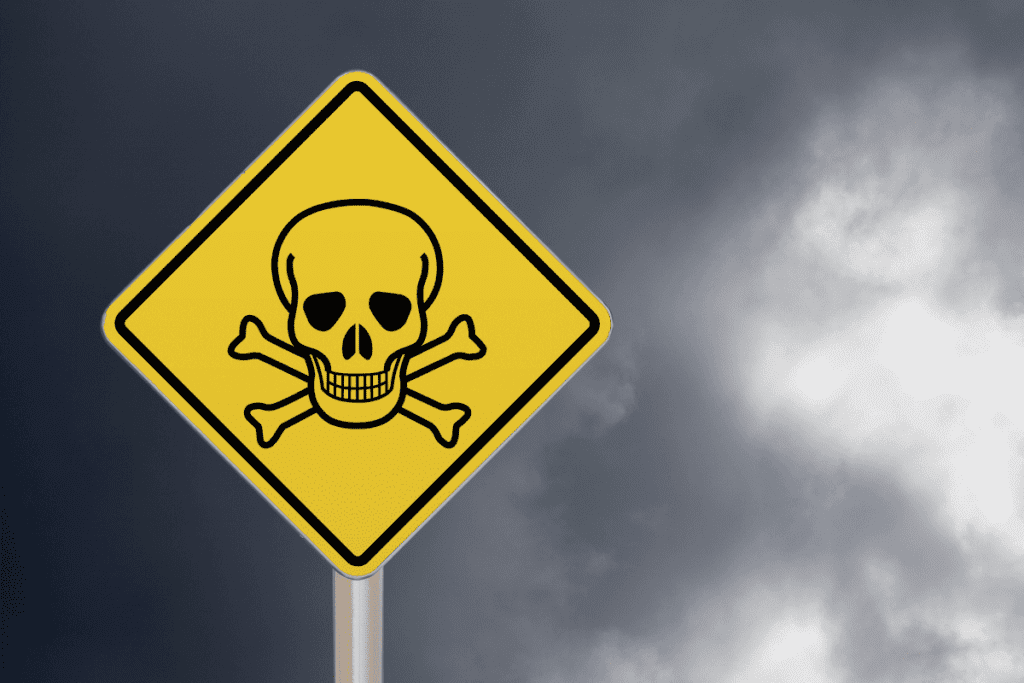More and more articles are making it clear that bees around the world are in trouble. Luckily people are starting to take action to save the pollinators. This week the Ontario government announced that they will introduce measures to reduce the impact of neonicotinoids on bees. Ontario’s measures focus on introducing a licensing system that would restrict and control the spraying of neonic pesticides.
The majority of corn fields in Ontario are treated with neonic pesticides and studies suggest that the high levels of bee deaths in Ontario are directly related to this. Neonics are not regulated in Canada and the US but serious concerns about their impact on bees have led to a temporary ban in Europe.
The proposed licensing system would be in place for autumn of 2014 when growers typically begin purchasing seeds for the following growing season. It is hoped that the 2015 growing season would see a significantly controlled used of neonics and thus a healthier bee population. Agriculture is a key part of the Ontario economy and while farmers may be frustrated with restricted access to pesticides, bees are fundamental to food biodiversity and farming. Bees are thought to pollinate up to two thirds of everything we eat, making them irreplaceable.
We applaud the Ontario government for recognizing the seriousness of the situation, and we hope that more action will be taken to protect bees from these toxic chemicals. A new scientific report released by Task Force on Systemic Pesticides released in June found that “neonics pose a serious risk of harm to honeybees…” and recommends that governments begin planning for “global phase-out or…. start formulating plans for a strong reduction of the global scale of use”. The report found that neonic pesticides affect butterflies and other insects as well. Clearly the impact of neonics, found to be up to 5,000-10,000 more toxic than DDT, far outweigh the benefits and policies should reflect this.
While this historic move is a step in the right direction, licensing does have its shortcomings. Pesticides know no barriers. They can enter the air and leach into water, impacting wildlife and insects far beyond the reaches of expansive cornfields, so even a restricted use of neonics may impact the bees. Ontario, and the federal government by extension, should eliminate neonics and pesticides that adversely affect the bee population. With the bee population dropping precipitously, we cannot afford to see another collapse in 2015.
In a world of decreasing biodiversity, bees are needed more than ever. The Ontario government can contribute to making this province healthy and biologically diverse by taking serious action today. As the evidence piles up and bees keep dying, there is no better time to act.
Learn more about toxic-free gardening tips and find out about the impact of toxic chemicals on our health and environment.








